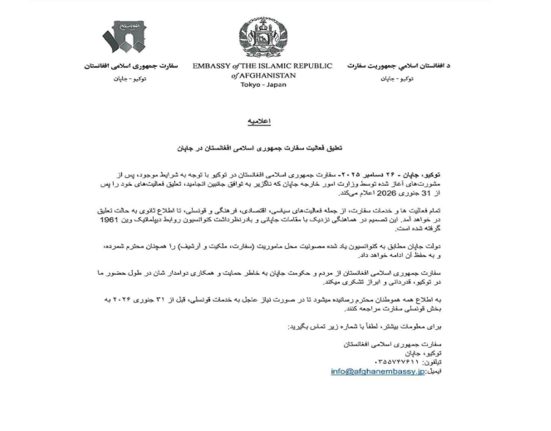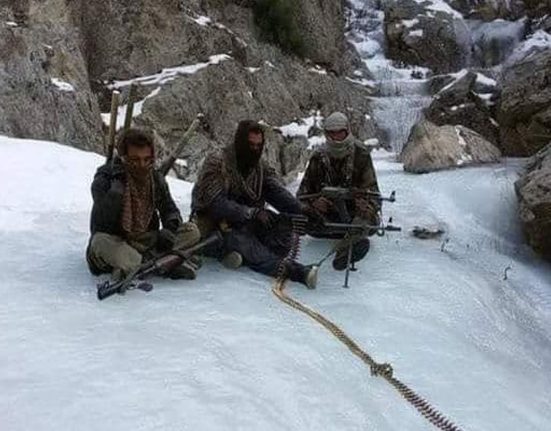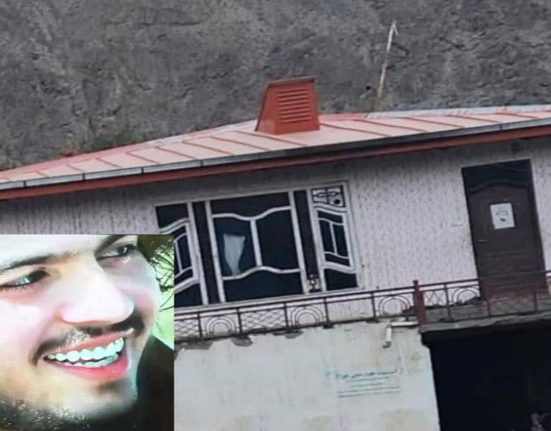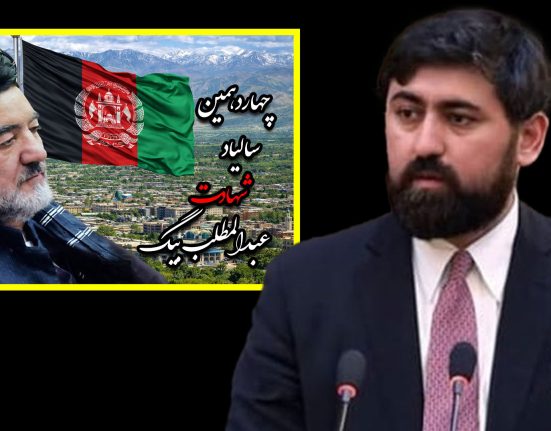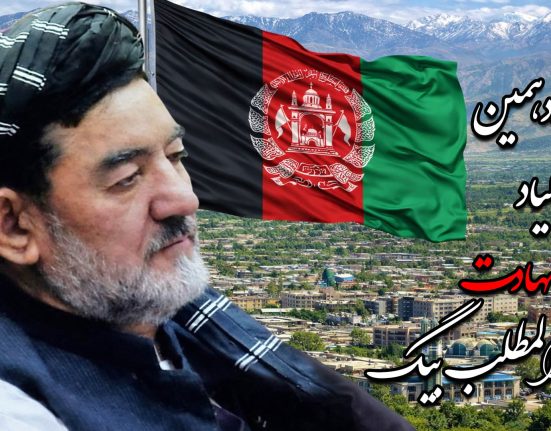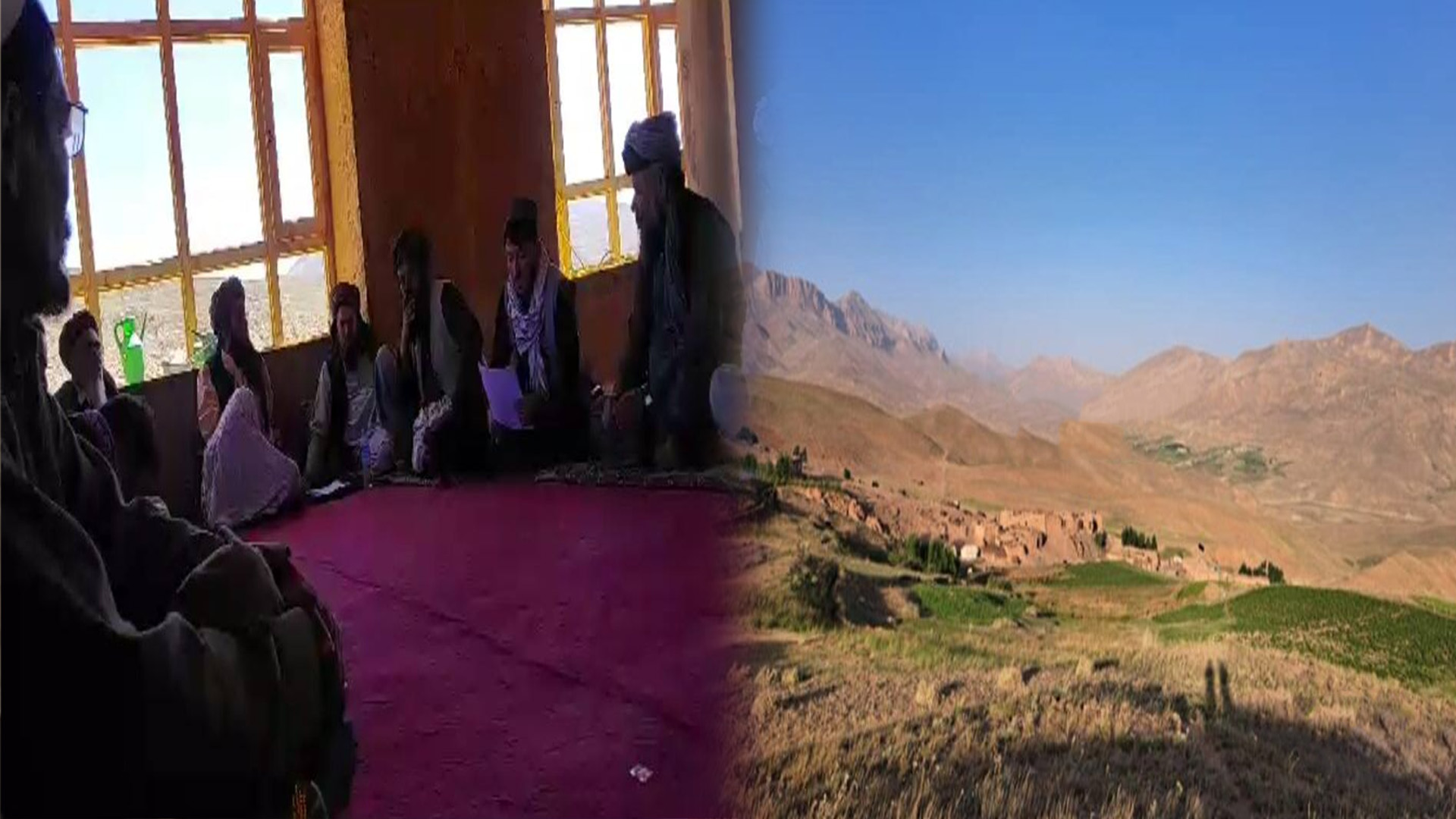
Taliban Justice; Sharia Law or Fraud, Forgery, Deception, and Ethnic Cleansing?
In the latest controversial move by the Taliban, 25 Hazara families in the village of Rashk, Punjab District, Bamyan Province, were forcibly displaced.
According to local sources, the Taliban entered the area under the pretext of a historic legal case in favor of the nomads and, in the presence of a self-proclaimed judicial panel, began evicting people from their homes.
Eyewitnesses report that the Taliban, along with a group of nomads, entered the village on Monday, July 28, and executed the eviction order without considering the consent of the local people or an independent review of the ownership documents.
The men of the families have left the village, fearing that they will be forced to sign the fabricated decision, so as not to give the order coercive legitimacy.
The disputed land is located in the “Pashteh Gharghari” region, and the dispute has been ongoing since the 1950s. But what has happened this time is more than a simple legal dispute.
Not only have the Taliban acted without transparency and impartial review in this decision, they have also shown once again that their “justice” is a tool to suppress specific ethnic groups and change the demographic composition of the central regions.
Previously, the Taliban have sided with the nomads in similar cases and made the indigenous people the victims of their “dictated justice.” The recent action in Bamyan has raised serious questions about the nature of these rulings, the authenticity of the documents, and the goals behind them.
Is this ruling religious or part of a systematic project of ethnic cleansing using the tools of religion and power?



